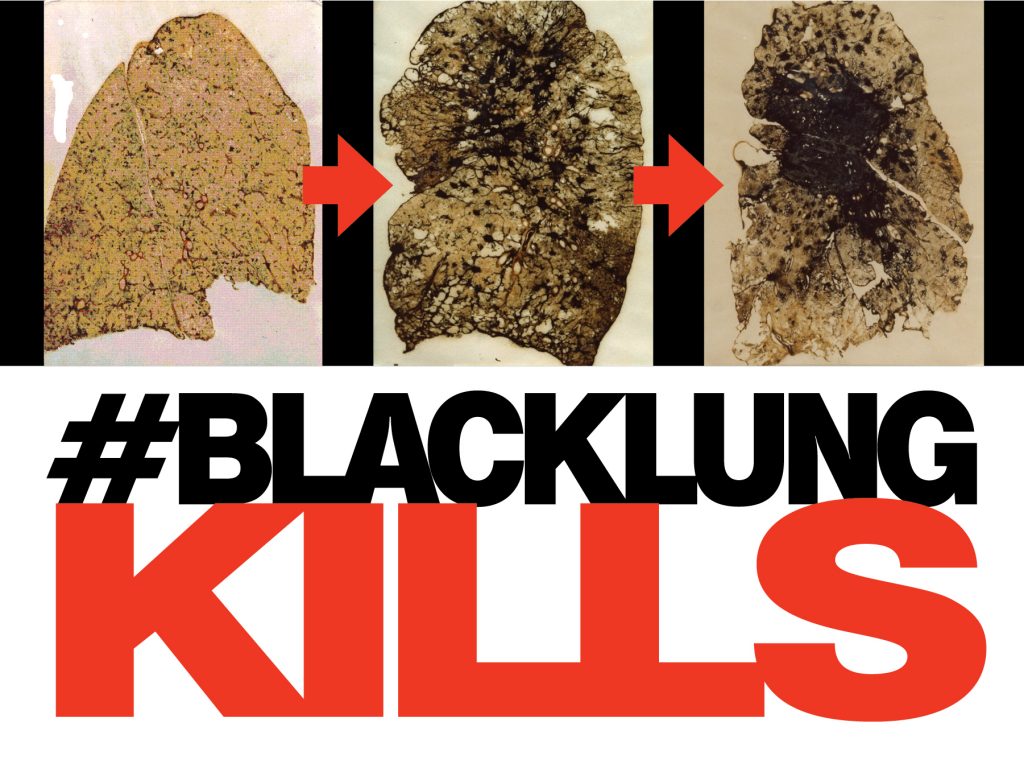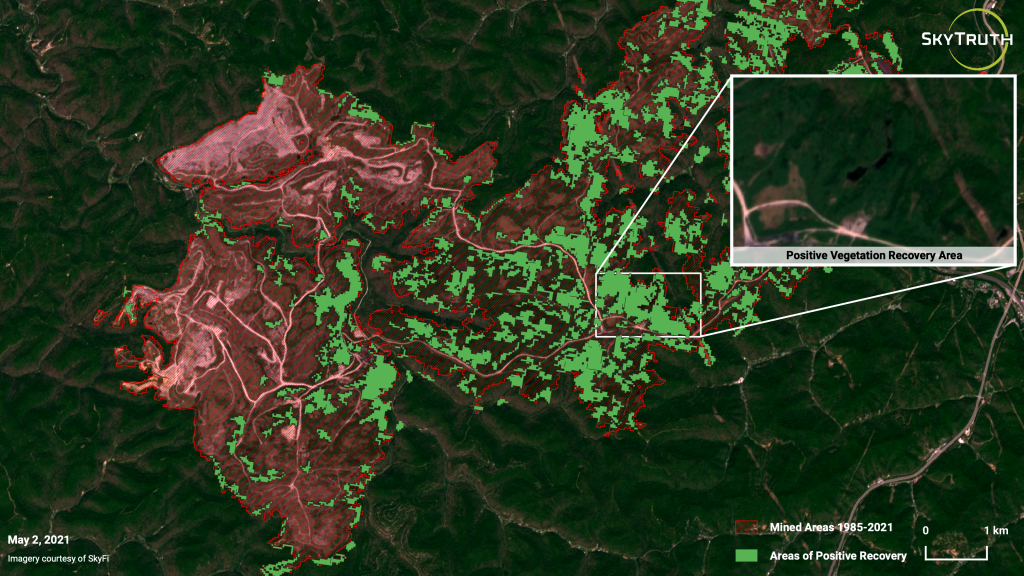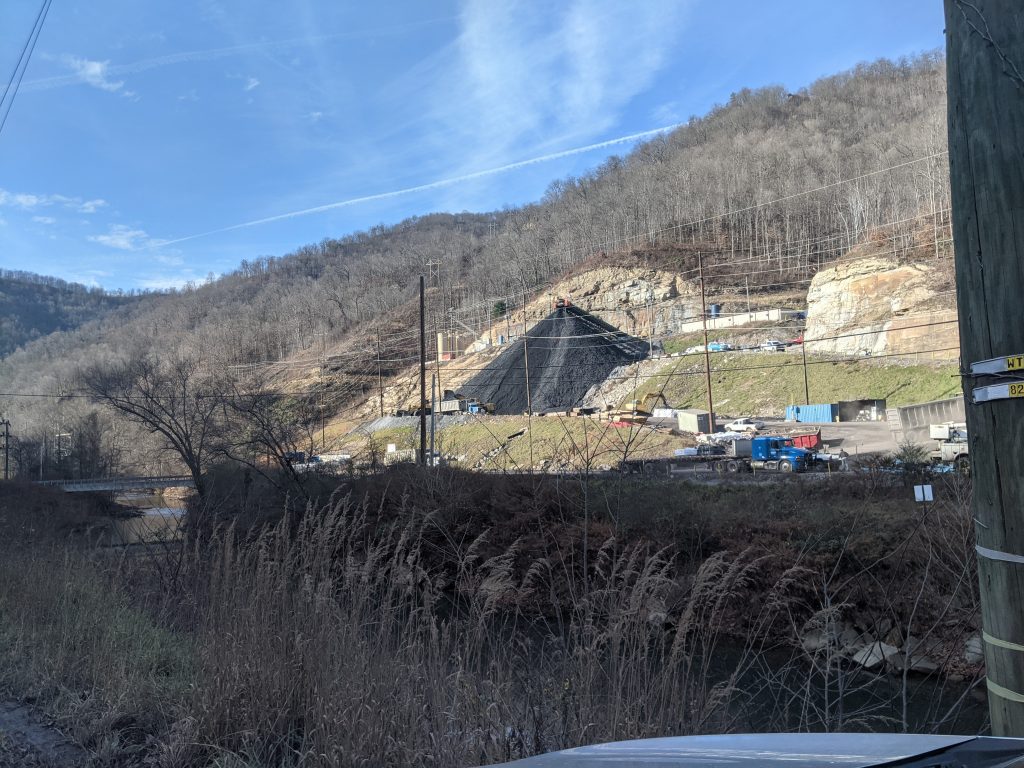Cleaning Up Coal Ash
For well over a century, power plants across the country have burned coal to generate electricity. And for just as long, leftover coal ash has been dumped in open, unlined pits near the power plant, usually located on a river or lake. Every year, U.S. power plants produce 130 million tons of coal ash, which is the second largest waste stream in the country after municipal garbage.
Coal ash concentrates the toxic heavy metals found in coal, including arsenic, mercury, lead and selenium. Stored in unlined, wet impoundments, coal ash has been leaking these toxics into our groundwater and surface waters for years. Sometimes these impoundments collapse — with disastrous results.
Yet government regulations for coal ash management are either non-existent or sparse, and there is little enforcement of the regulations that do exist. In North Carolina, this lack of oversight — and the complicity between state regulators, elected officials and Duke Energy — came to a boiling point in February 2014 when one of Duke’s coal ash impoundments spilled 39 million tons of ash into the Dan River.
Citizens living near North Carolina’s 33 coal ash impoundments — all of which have leaked — have fought for transparency from Duke and the state, and for cleanup of the pollution that threatens their property value, health and family. Their actions forced this issue into the headlines of news networks and to the forefront of environmental justice conversations in the United States.
Appalachian Voices stood with these communities as we worked for years to compel Duke Energy and the N.C. Department of Environmental Quality to excavate coal ash from all the North Carolina sites and dispose of it either in lined, dry landfills, away from waterways, or by recycling it for concrete or other uses, provided it’s done in a manner that protects public health and the environment.
On Jan. 2, 2020, North Carolina announced a historic settlement with one of the state’s most powerful corporations and polluters, Duke Energy. The settlement requires Duke to move nearly 80 million tons of toxic coal ash at six of its power plants to properly lined landfills onsite or recycle it.

Learn information about specific coal ash impoundments in the South, including health threats and safety ratings:
Additional Resources
Fact sheets, videos, links to academic research, and more
Sign Up to Act
Help us protect the health of our communities and waterways.
Latest News
CDC shares new research: For miners, death rate from lung disease is higher than ever before
On Monday, the U.S. Centers for Disease Control and Prevention shared a new study that sounds a clear alarm bell to leaders across the country about the dire need for a renewed focus on safeguarding the health of coal miners across the country.
As comment deadlines come to a close, more than 40,000 voice opposition to new Mountain Valley Pipeline federal permits
In response to the U.S. Forest Service’s intention to break 11 of its own rules for the controversial Mountain Valley Pipeline, over 30,000 individuals and organizations submitted their opposition to the agency’s plan ahead of a February 21 deadline.
Northern Long-Eared Bats Added to Endangered Species List
The U.S. Fish and Wildlife Service recently classified northern long-eared bats as endangered, which could help save the species most impacted by the deadly fungal disease known as white-nose syndrome.
Guest post: New SkyTruth research reveals legacy of mountaintop mining — and the policy implications
Explosives and heavy equipment: the perfect combination for mine owners to extract coal from a pristine Appalachian landscape. Too bad this process, known as mountaintop removal mining, is terrible if you live near the mined mountain, or in a watershed downstream, or on a planet faced with the imminent threat of ever-increasing temperatures brought about by greenhouse-gas emissions.
Bad actor coal company seeks to expand surface mine in endangered candy darter habitat
Surface mining of this scale is bad news for the environment even if it is conducted within the confines of the law, but South Fork Coal Company’s history of regulatory infractions is almost as egregious as Greenbrier County is beautiful.
EPA poised to botch update of important air quality rule
PM 2.5 is a lethal combination of metals, organic matter, acids and other substances so tiny that they can be inhaled and delivered directly into the bloodstream. These airborne pollutants are emitted by tailpipes, power plants and numerous other industries. In our region, coal mine dust is an additional source of this pollutant.











